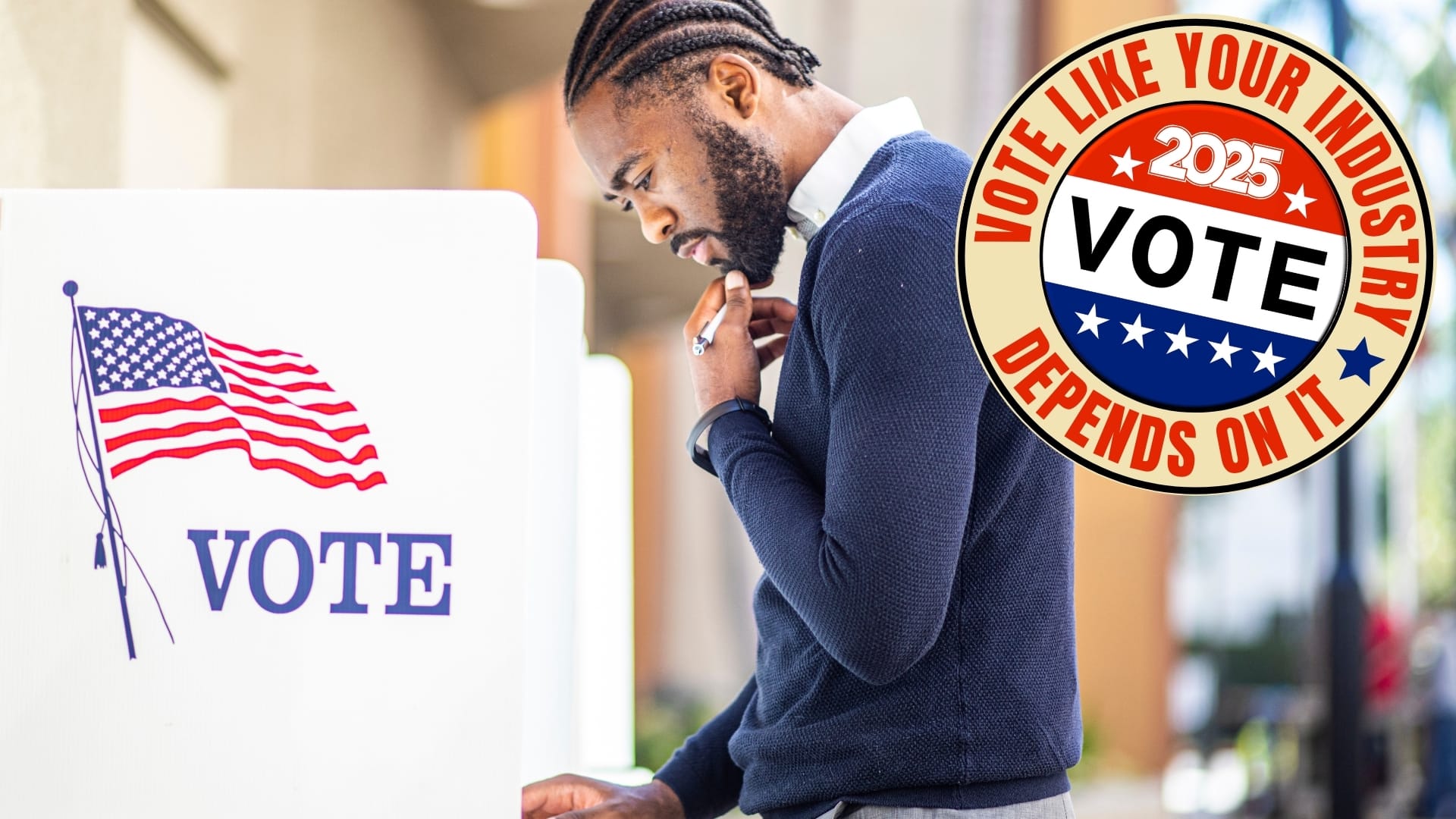West of Hudson Transit Study Launched
The West of Hudson Transit Study will center on service improvements to bus networks, including local routes, regional commuter bus service, and micro-transit.
Early voting for the June 2025 primary elections runs from Friday, June 14 through Saturday, June 22. Primary Election Day is Tuesday, June 24.

Your source for political insight, policy updates, and advocacy news impacting New York City real estate.
Last week marked the official start of early voting in what may be one of the most consequential election cycles for New York City in recent years. With critical races underway—including for Mayor, Borough President, City Council, and other local offices—now is the time for Hudson Gateway Association of Realtors members to stay informed, engaged, and most importantly: get out and vote.
Early voting for the June 2025 primary elections runs from Friday, June 14, through Saturday, June 22. Primary Election Day is Tuesday, June 24.
These elections directly impact the future of housing, affordability, property rights, and small business protections. HGAR is proud to have endorsed nearly 20 candidates this year across our region—leaders who have consistently stood with us on issues like fair housing, smart growth, financial sustainability, and real estate business protections.
At HGAR, advocacy isn’t just something we do it’s who we are. Our mission includes ensuring your voice is heard by the people crafting the laws that shape our industry. That’s why our Government Affairs team meets directly with lawmakers, engages in policy debate and supports candidates who champion our priorities.
When our members vote, we send a powerful message: the real estate community is paying attention, and we’re showing up.
NYC uses Ranked Choice Voting (RCV) for Primary and Special Elections for the following offices:
Mayor
Public Advocate
Comptroller
Borough President
City Council
Here’s a quick breakdown of how RCV works:
The importance of this election isn’t hypothetical—it's unfolding in real time. The NYC Rent Guidelines Board is scheduled to vote on a proposed rent freeze for rent-stabilized apartments on June 27.
While some tenant advocates support the freeze to address affordability concerns, others in the housing industry—including many of our members—have raised red flags. A freeze could limit building maintenance, discourage reinvestment and strain small property owners.
HGAR supports balanced housing policies that promote affordability while ensuring long-term financial sustainability for those who own and manage properties. The city leaders elected this month will shape how decisions like this are made in the years ahead. That’s why your vote matters.
We face historic housing challenges—skyrocketing costs, limited inventory, infrastructure strain, and complex zoning and tax regulations. The candidates we elect will determine whether these challenges are met with bold, effective action—or political gridlock.
Your vote helps elect leaders who:
Increase housing supply
Protect property rights
Support fair taxation
Promote homeownership
Safeguard small business and independent contractor flexibility.
Let’s elect people who act on these values—not just campaign on them.

Early Voting: June 14–22, 2025
Primary Election Day: June 24, 2025
Check your polling site: https://vote.nyc/page/find-your-poll-site
Looking to do more? Save the date: June 25 at 2:00 PM for HGAR’s Local Political Coordinator (LPC) Training—our grassroots initiative for members who want to monitor and shape local issues affecting housing, real estate, and property rights.
LPCs are the front lines of our advocacy efforts, building relationships with elected officials and helping shape the conversation from the neighborhood level up.
More next week in Government Affairs Weekly—keeping you informed on the latest developments impacting housing, property rights, and real estate policy across New York City.
Thank you for reading. We’re here to inform, engage, and amplify the voice of HGAR members across New York City and beyond.—The HGAR Government Affairs Team.
About the author: Dr. Jermaine Meadows is the Director of Government Affairs for the Bronx for the Hudson Gateway Association of Realtors.
Receive original business news about real estate and the REALTORS® who serve the lower Hudson Valley, delivered straight to your inbox. No credit card required.